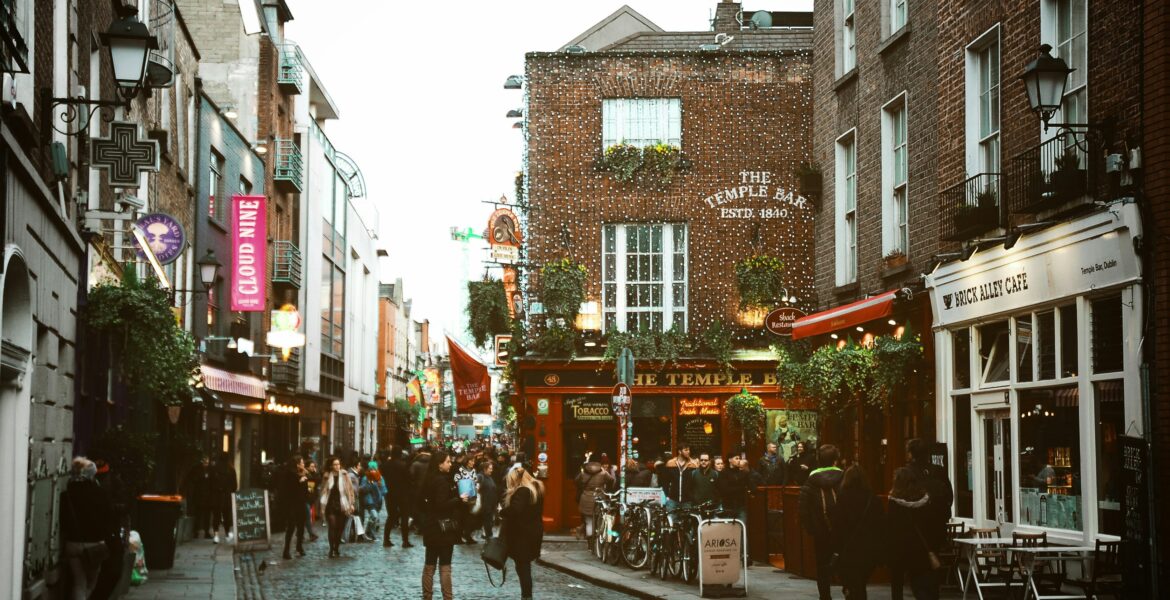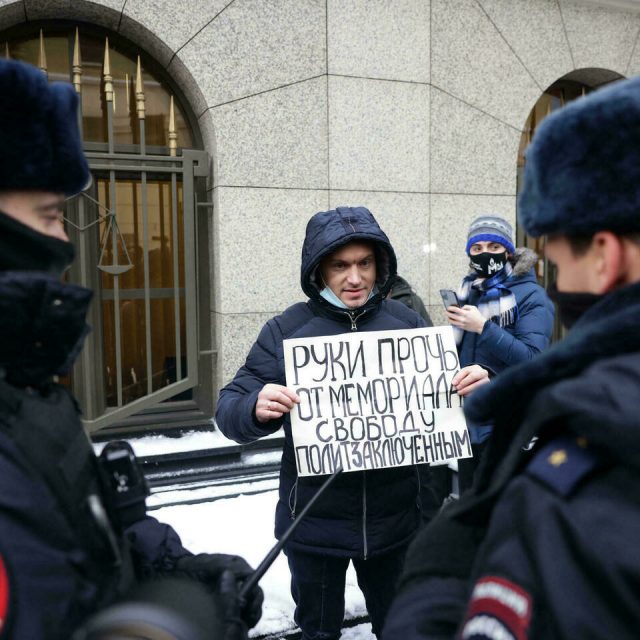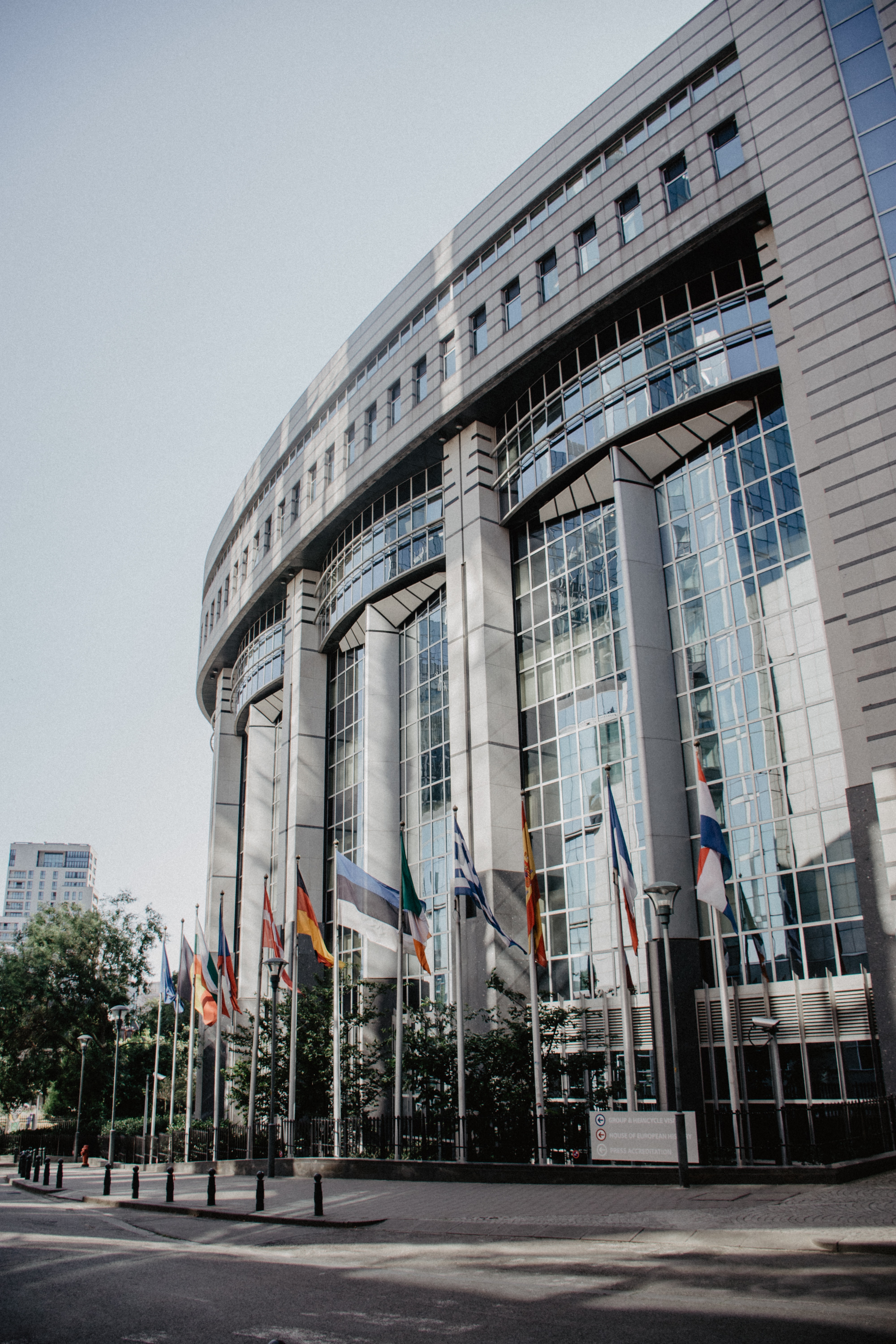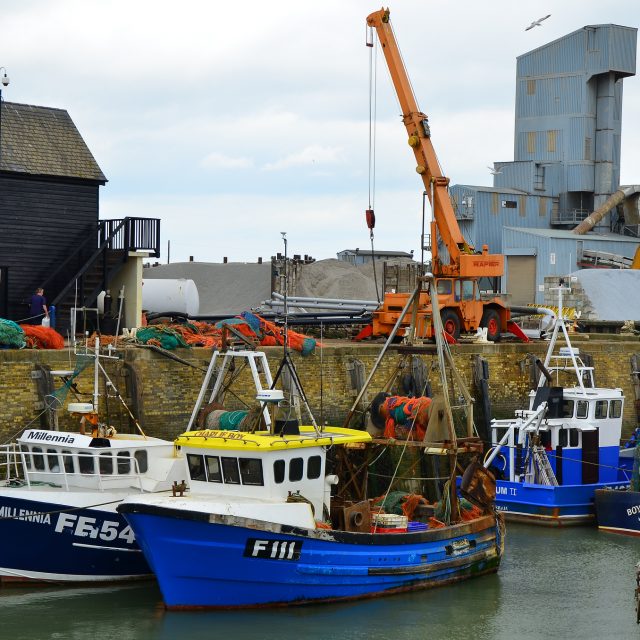Photo by Diogo Palhais on Unsplash
The former Irish Minister for Europe Dick Roche has voiced real concerns over how the European Parliament has exercised its powers in the last five years.
Speaking in Brussels, the Irishman, an avowed and committed Europhile, said it was clear the Commission “always has a little thumb on the scales.”
His comments come just ahead of the EU elections on 6-9 June when voters go to the polls to elect a new parliament.
Among other things Roche addressed some of the challenges facing the European Union over the next five years and how the European Parliament be fit to face those challenges after the elections next month.
Another key question is if the European Parliament have any relevance regarding EU -USA, EU -Russia or EU-China relations.
Other timely questions include the likely make up of the new parliament and implications for the future.
Speaking at Brussels press club on 28 May, Roche recalled how Nigel Farage, an arch critic of the EU and the man behind Brexit, once described him as the “biggest Europhile” he knew, adding, “that is not incorrect.”
He added, “I am a major fan of the EU which has achieved a lot but I am also a tiny tad disappointed.”
He said that since 1979 and the first direct elections, parliament has “dramatically changed from being a talking shop to a fully functioning assembly.”
“It is a significantly larger assembly now and this is hard to manage. Its powers are also striking and extraordinary and it has really enhanced its role.
“But this is one thing and how it handles these powers is another thing altogether.”
He added, “There is good reason to be concerned at how this parliament has exercised its powers particularly as a control agency over the commission.”
He recalled a 2009 report by CEPS, a leading think tank, which considered parliament’s position and raised concerns about how it was handling its new role at that time.
“Even before the Lisbon treaty came into effect the parliament’s role was shifting and move and more work was being done at committee level,” added Roche.
“But, nowadays, more and more decision making is being done out of public view and behind closed doors and this is not transparent.”
He highlighted two “problems” including the composition of committees which he believes is not representative of the whole parliament.
He said, “When the plenary meets it just tends to rubberstamp legislation and there is little chance of real debate, even less chance of incorporating MEPs’ concerns or the millions who vote for them.”
“This opaque nature of the parliament feeds into cynicism about the parliament”.
“The problems that CEPs talked about in 2009 still apply now.”
“But I have other concerns,” he added.
He said the parliament is charged with supervising the Commission “but the reality is that it does not do this.
“Yes, the power of parliament is impressive on paper but it is extraordinarily limited and it has even voted to restrict its own powers.
“I ask you: who else would do that?”
He cited, as an example of his argument, the practice of parliamentary questions and how they are dealt with.
“This – parliamentary questions – should be the essence of politics and bring a zest to parliament but this does not happen here in Brussels or with this parliament.”
The former Minister added, “There has been an extraordinary and active attempt to suppress the parliamentary question system in the parliament.
“For example, PQs, as they are called, have to be submitted to the commission at least 1 week before they are asked and an MEP is given just 60 seconds to ask a question.
“This is ridiculous.”
He said that despite such sweeping concerns he still had reason to be optimistic for the parliament and the future of the EU, adding that it was time the parliament “unleashed” its real potential.




